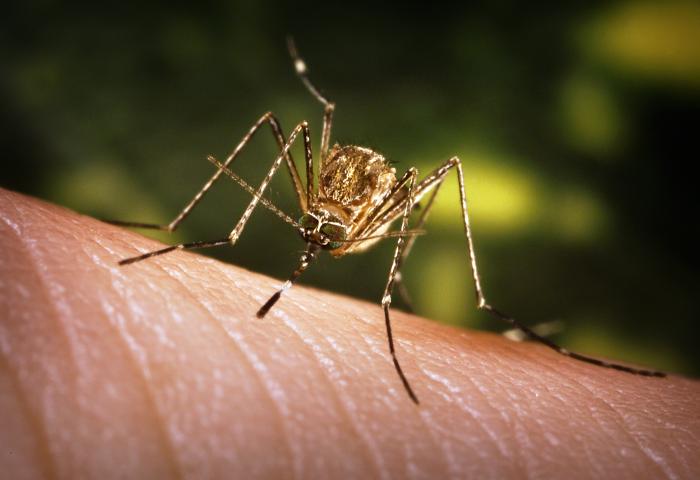Officials with the City of El Paso Health Department announced Thursday the first case of human West Nile Virus in El Paso, and in the state of Texas this season has been confirmed.

The patient is a man in his late 70’s who lives in the central part of town. The news comes as the Department of Public Health begins its efforts to prevent mosquito-borne diseases like West Nile and the newly emerging Zika virus.
“There are two different mosquito species that carry these two diseases and others,” said Fernando Gonzalez, Lead Epidemiologist. “Both of the mosquito types are known to be present in our city but behave differently in that the mosquito that carries Zika is active both indoors and outdoors and is active at all times of the day and night,” he said.
To reduce exposure to West Nile and other mosquito-borne viruses people should:
- Use an EPA-approved insect repellent, such as those containing DEET, picaridin, IR3535 or oil of lemon eucalyptus/para-menthane-diol. People should follow the instructions on the label and use repellent every time they go outside.
- Regularly drain standing water, including water collecting in empty cans, tires, buckets, clogged rain gutters and saucers under potted plants. Mosquitoes that spread West Nile virus breed in stagnant water.
- Wear long sleeves and pants when outside.
- Use air conditioning and make sure screens on all doors and windows are in good condition to keep mosquitoes from entering the home.
The same precautions will also help prevent Zika, though West Nile virus is primarily transmitted by Culex mosquitoes, which are most active around dawn and dusk, and Zika is spread by Aedes mosquitoes, which usually bite during the day.
There are no medications to treat or vaccines to prevent West Nile virus infection. People over 50 years old and those with other health issues are at a higher risk of becoming seriously ill or dying when they become infected with the virus. If people have symptoms and suspect West Nile virus infection, they should contact their healthcare provider.
Symptoms of West Nile fever include headache, fever, muscle and joint aches, nausea and fatigue. A more serious form of illness, West Nile neuroinvasive disease, can also cause neck stiffness, disorientation, tremors, convulsions, paralysis and coma.
Related:


One thought on “El Paso reports human West Nile virus case, 1st in Texas”